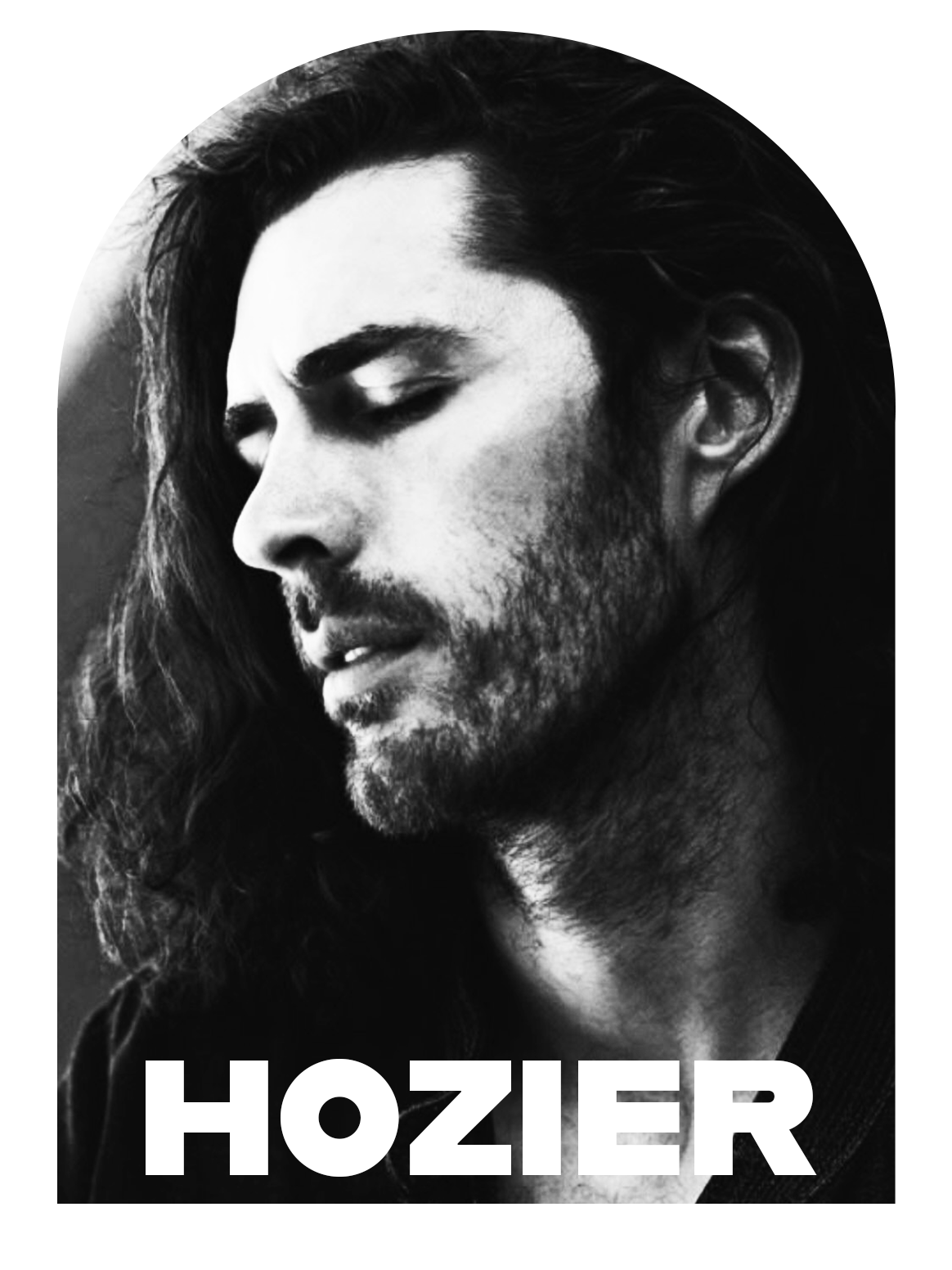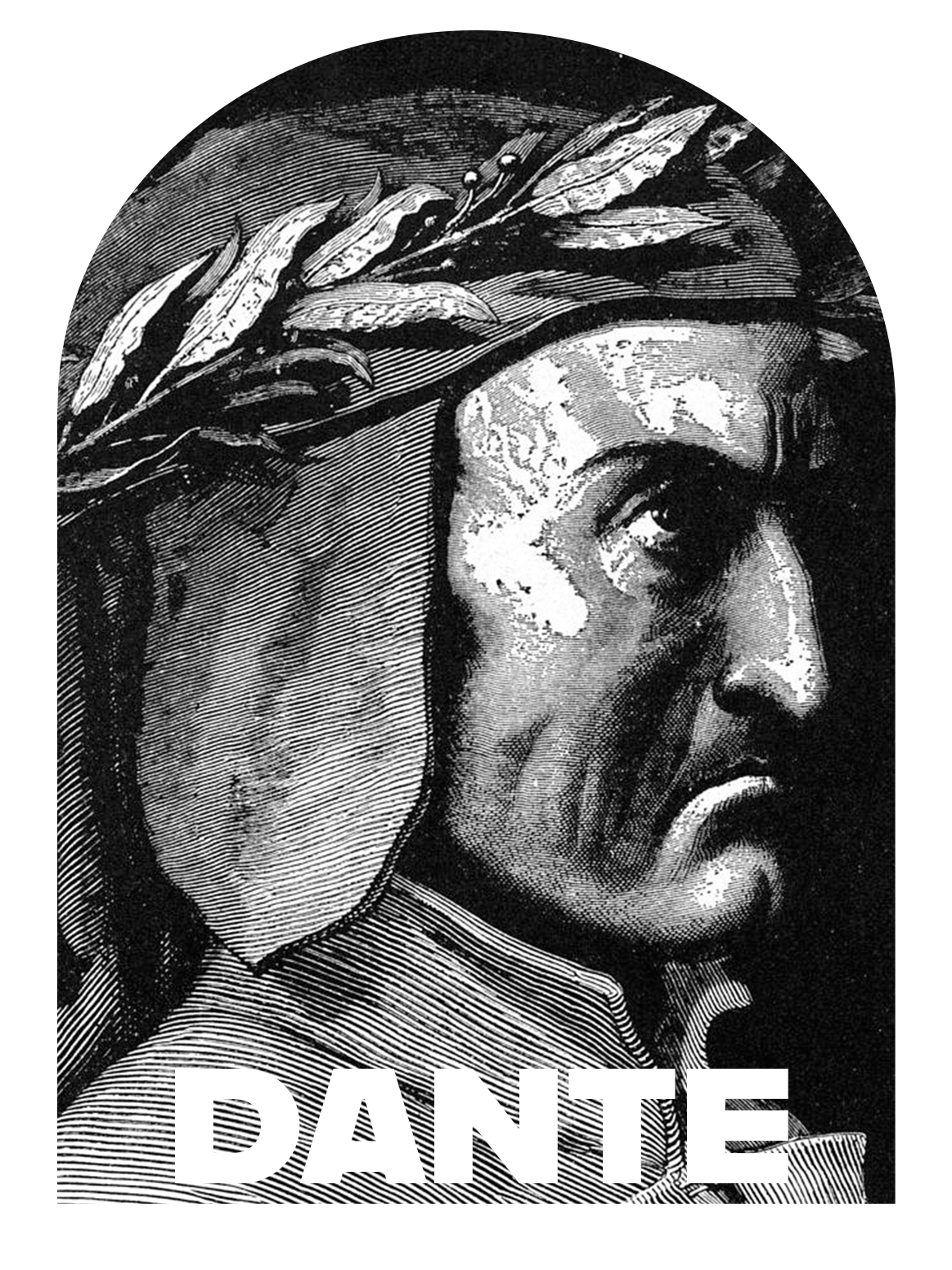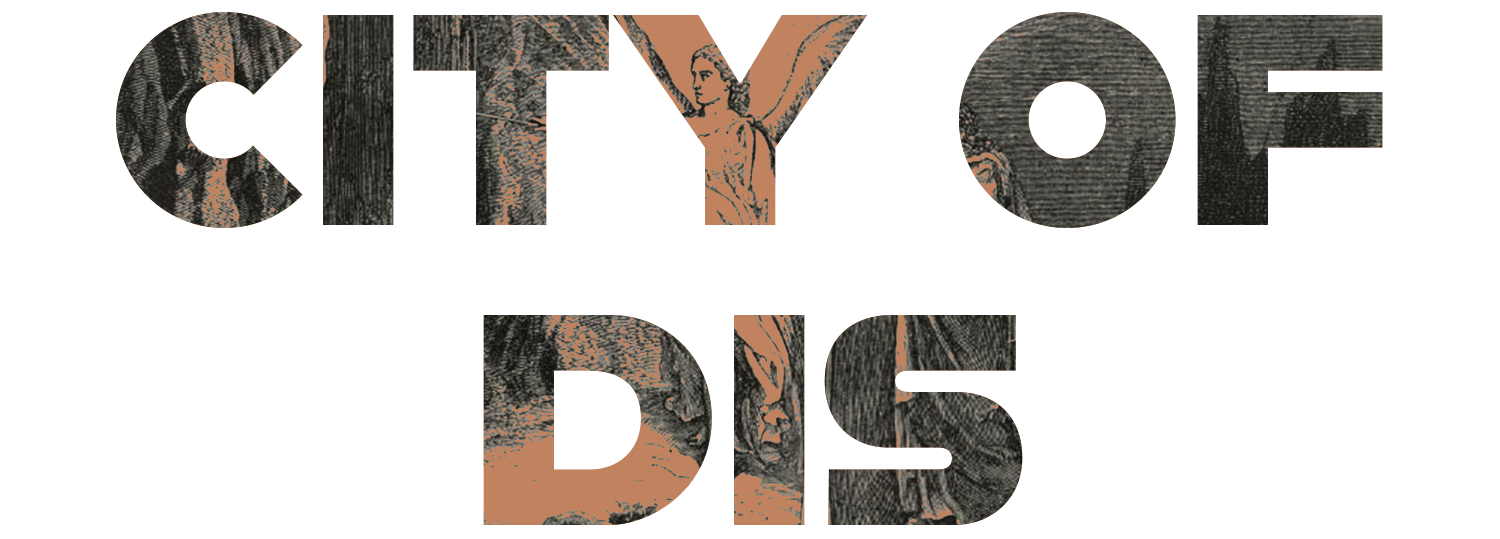UNREAL
UNEARTH
UNREAL
UNEARTH
UNEARTH
A JOURNEY
THROUGH THE NINE
CIRCLES OF HELL
THROUGH THE NINE
CIRCLES OF HELL

Andrew John Hozier-Byrne, known as Hozier, is an Irish Musician, singer, and songwriter. His lyricism often draws from religious and literary sources. He began his career as a singer in the choir ensemble Anúna for five years, as well as a soloist during one of their releases. It wasn’t until 2013 when he released “Take Me to Church” that he began to rise into the public’s eye. This work established his exploration of themes of love, religion, and social justice, and he continues to dissect these themes as of today.

Dante Alighieri (c. 1265-1321) was an Italian poet and philosopher best known for his masterpiece, “The Divine Comedy.” He was born in Florence, Italy during a time of political turmoil and social upheaval. Dante received a classical education and became involved in the political life of his city-state. Dante wrote this work that consists of three parts: Inferno, Purgatorio, and Paradiso. Dante explores themes of sin, redemption, and the human condition while encountering a vast array of historical and mythological figures.

